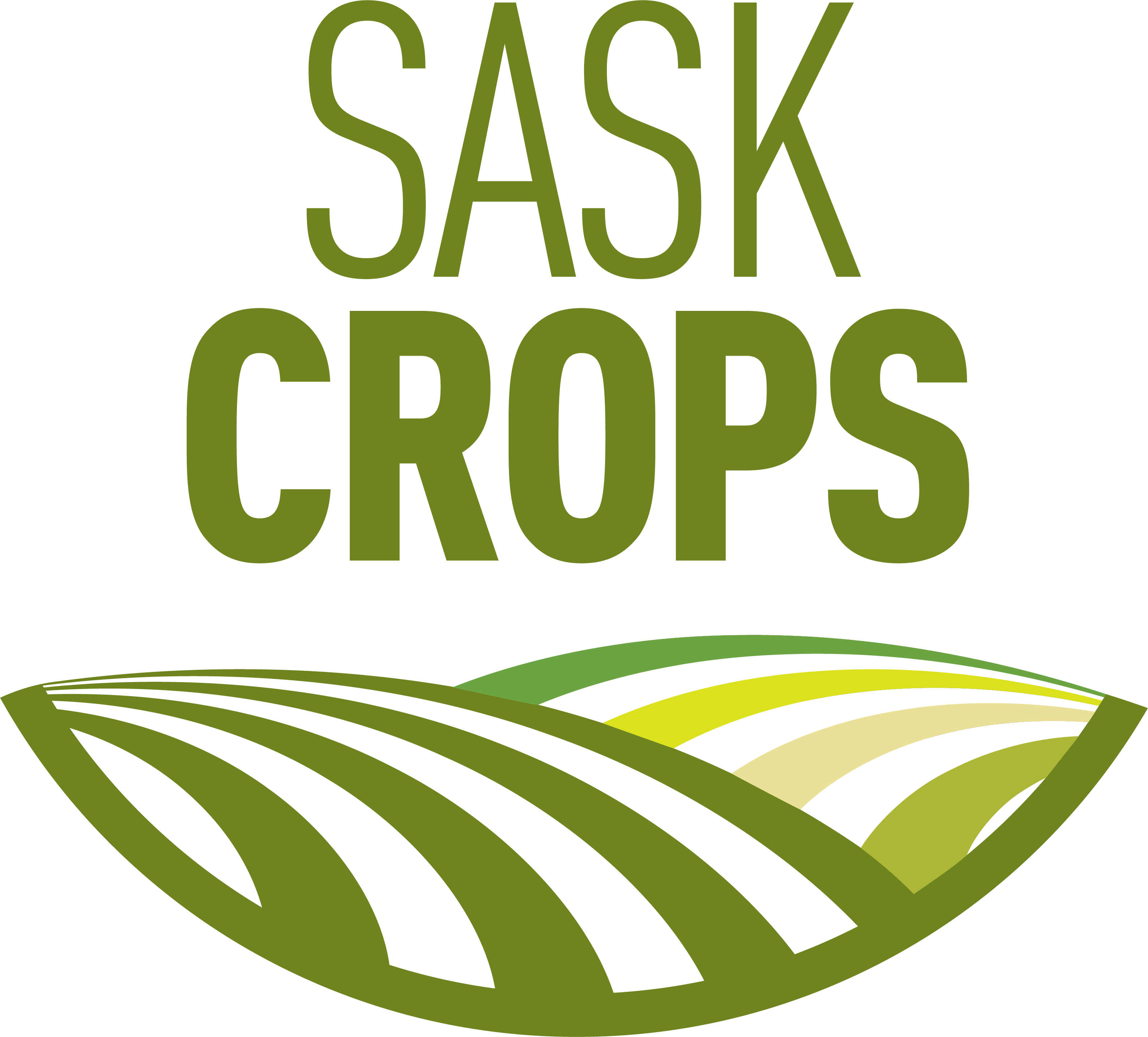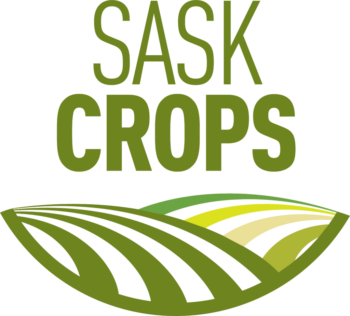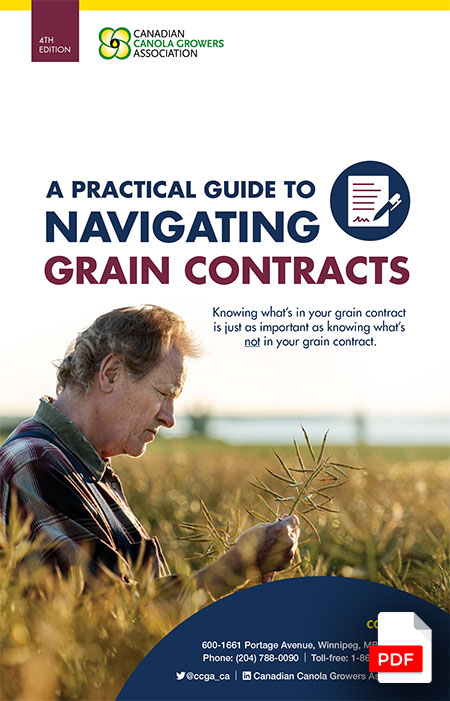Finance Canada’s Pre-Budget Submissions
SaskCrops continues to submit annually to Finance Canada’s federal pre-budget consultations. The SaskCrops submissions emphasize the need for the government to acknowledge Saskatchewan’s annual crop producers’ contributions to the Canadian economy, global food security, and emissions reduction. The submissions also draw attention to the need for the government to meaningfully and constructively encourage agricultural innovation through increased and accelerated investment in research that will enable primary agricultural producers to lower their carbon footprint and increase their capacity to competitively meet Canadian and global demand for their products, both of which are stated goals and targeted objectives of the government.
Agriculture and Agri-Food Canada’s Sustainable Agriculture Strategy Consultation
AAFC articulated an overarching goal of reducing absolute GHG emissions and ultimately reaching net-zero emissions by 2050, while finding ways to increase yields and economic growth. More specific concurrent and possibly conflicting targeted time frames for large increases in the value of national agricultural production and exports (which will necessarily include increases in Saskatchewan production and exports) as well as a targeted 30 per cent reduction in fertilizer emissions have been put forward. Given the short timeframes for achieving these targets (2028 and 2030 respectively), this presents significant challenges for farmers.
PMRA Notice of Intent: Strengthening the regulation of pest control products in Canada
In the summer of 2023, Health Canada proposed four areas of regulatory amendments to the Pest Control Products Regulations. In response, this submission emphasizes that Canada’s science-based, regulatory framework for pesticides is among the best in the world and already addresses several of the transformation objectives proposed by Health Canada through its operation. SaskCrops remains supportive of a fully transparent process and notes that it is important that any transformative processes do not draw scarce PMRA resources away from core PMRA work making crop protection tools available to farmers.
Fertilizer Emissions Reduction Target
Working in collaboration to advance farmers’ concerns, SaskCrops represents SaskCanola, SaskFlax, SaskOats, SaskPulse, Sask Wheat and SaskBarley. Our most recent collaboration, with the added support of APAS, is a submission on the Fertilizer Emissions Reduction Target:
SaskBarley also did its own submission
to this important consultation:
Agriculture and Agri-Food Canada’s Sustainable Agriculture Strategy Consultation
AAFC articulated an overarching goal of reducing absolute GHG emissions and ultimately reaching net-zero emissions by 2050, while finding ways to increase yields and economic growth. More specific concurrent and possibly conflicting targeted time frames for large increases in the value of national agricultural production and exports (which will necessarily include increases in Saskatchewan production and exports) as well as a targeted 30 per cent reduction in fertilizer emissions have been put forward. Given the short timeframes for achieving these targets (2028 and 2030 respectively), this presents significant challenges for farmers.
A Practical Guide to Navigating Grain Contracts
With the goal of assisting growers in contract negotiation and interpretation, the Canadian Canola Growers Association (CCGA) collected contracts from the major purchasers of grain and prepared this summary of common clauses used in grain marketing contracts.
Carbon Sequestration
SaskBarley supported the Saskatchewan Soil Conservation Association (SaskSoil), a non-profit, producer-based organization with a mission to promote conservation production systems that improve the land and environment for future generations.
A major focus of the SaskSoil was facilitating the Prairie Soil Carbon Balance Project (PSCB), which monitored soil organic carbon change across Saskatchewan farms from 1996 to 2018. This project is a very important tool for Saskatchewan producers in assessing our beneficial impact on carbon levels.



